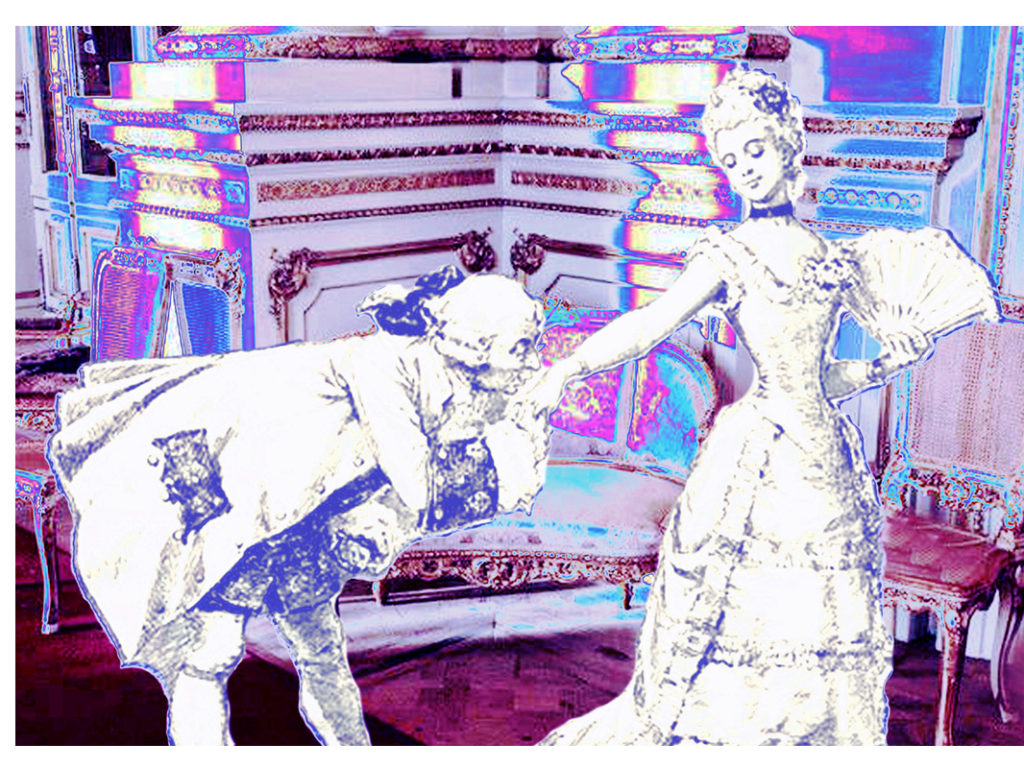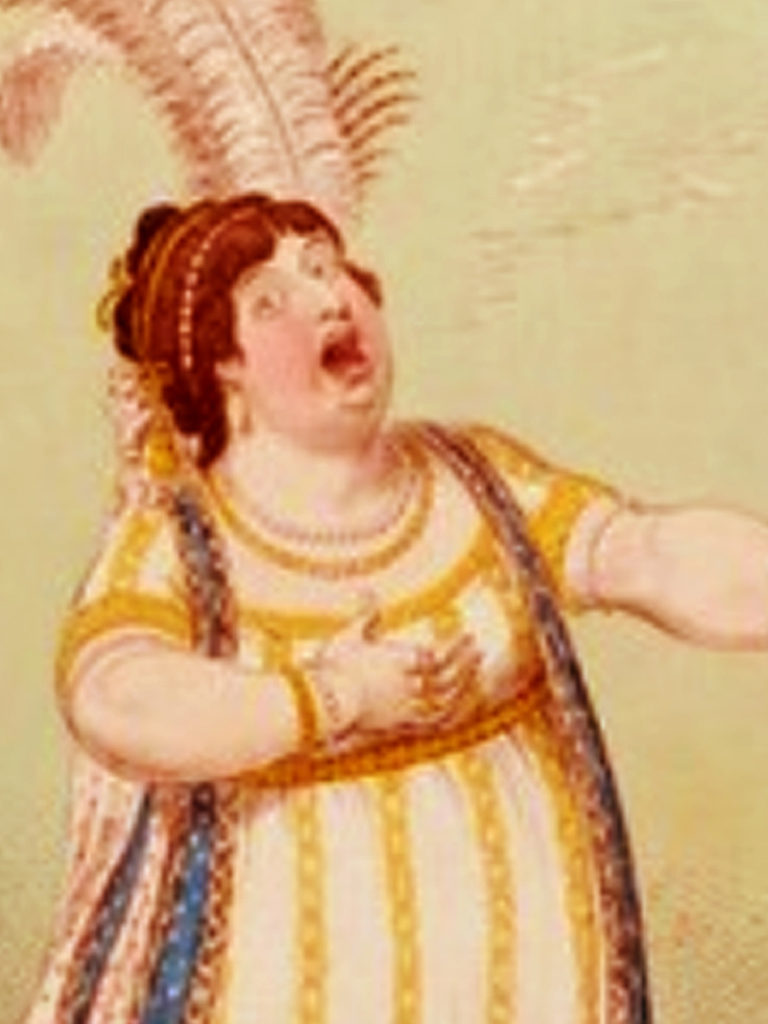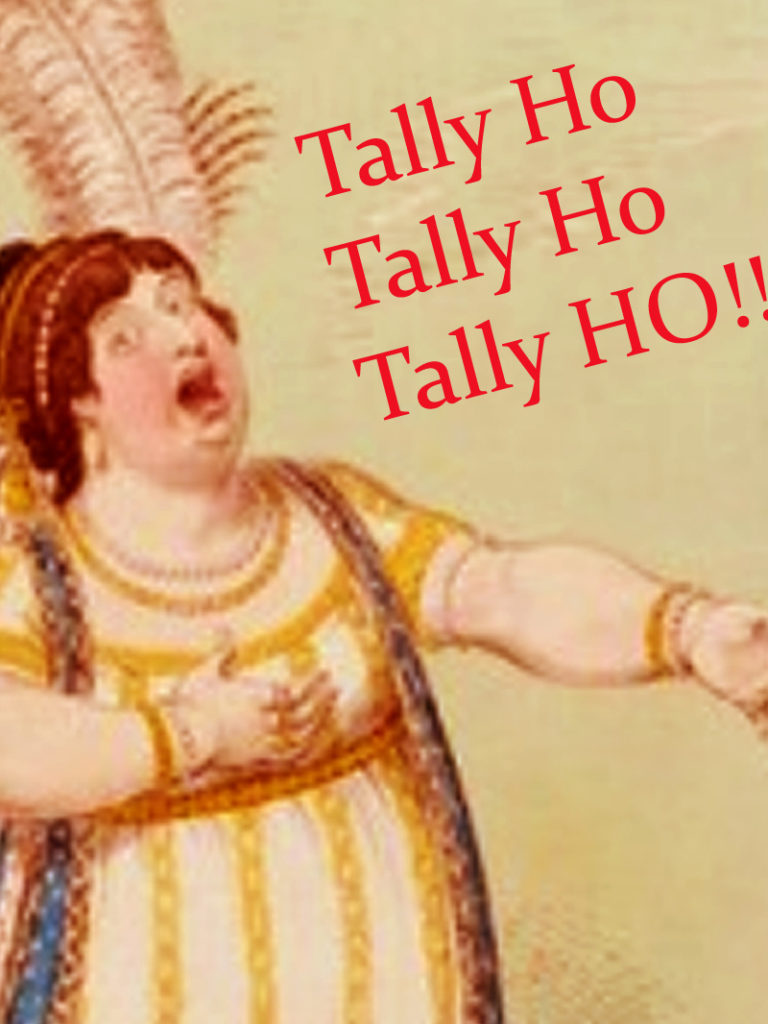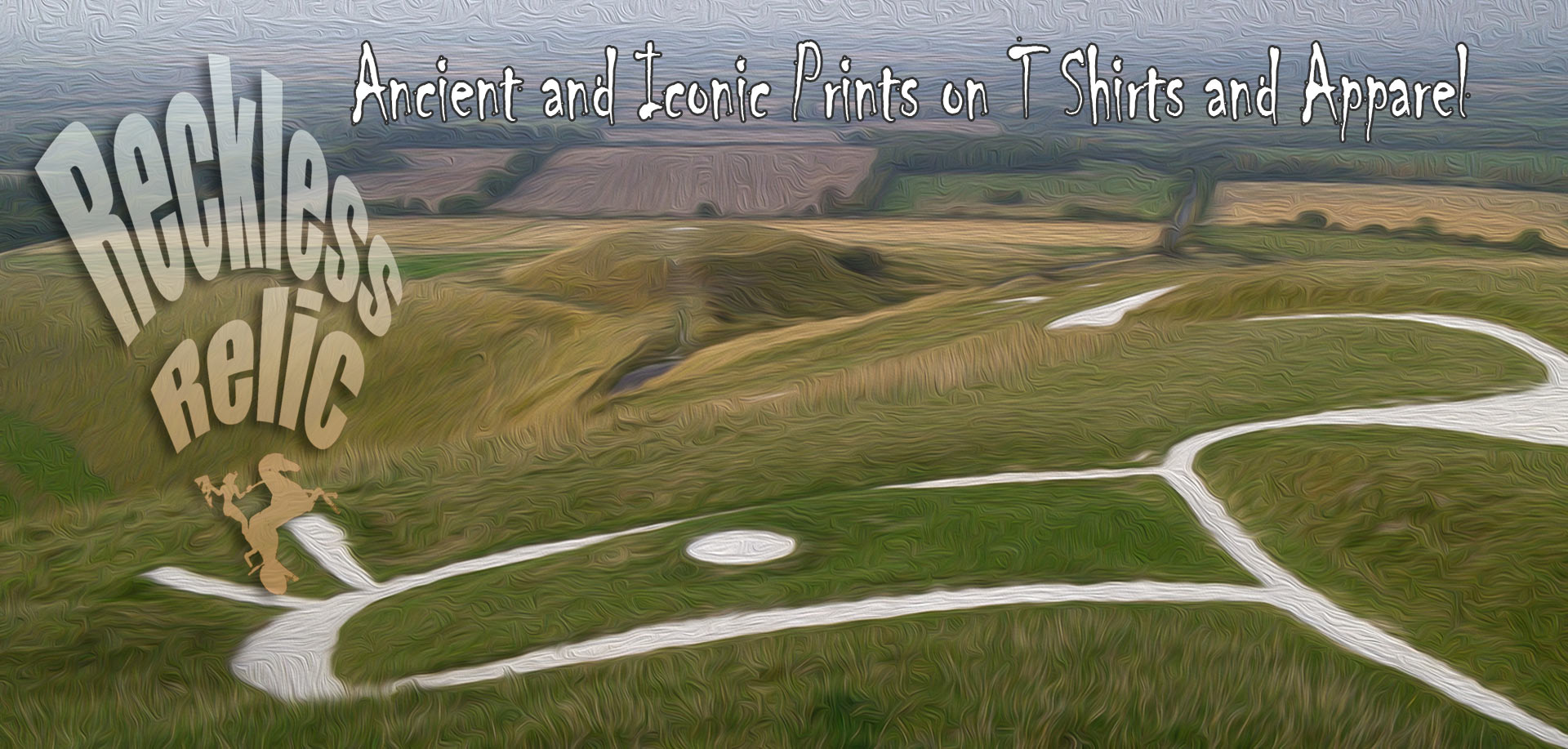Research is a marvelous thing. Never before did I think to look at the world of opera and the Drury Lane plays which appealed to good dress-sense over circus buffoonery.
In the days after Mozart (1756-1791) and Hayden (died 1759), many who considered themselves cultured may have regarded it important to frequently bathe ones ears in the delight of music.

For country people this must have been just so, for they appreciated unadulterated birdsong from dawn to dusk. Just like music today, it was perceived to relieve melancholy. The best performers played for royalty in Vienna and Paris, and there was a healthy love of the stage by the English.
We had Shakespeare for goodness-sake.
Some sources say that boot-makers were commonly musicians and men of letters, and thus more susceptible to political schemes. Yet with the rise in opera fashions and celebrity actors and actresses who hung out with poets and writers, it seems possible to me that artisans had enthusiasm for this art-form.
I imagine that sometimes, stories regarding the theater, circulated the London coffee houses and chop-shops. I wonder if these stories could travel from one end of London to another in a night?
The fast pace of London, the excitement of celebrity and the sheer scream of the masked ball, (once famous in Covent Garden), transmits an emotion of Hollywood to me. Michael Kelly, the Irish actor, certainly seemed like a celebrity in his time.
That life itself becomes a play for the broadsides and fame brings riches, is a view I challenge, for Michael Kelly’s niece was on the stage from the age of ten, but seemed to rely on help from aristocratic circles to survive. What I did learn was that the actors who lived with and around Michael Kelly were unusual, possible eccentric types. Could they have been ahead of their time? Could they have contributed to what later became Bohemian subculture? I believe so.
So here is an exert of Reminiscences…, Volume 1 By Michael Kelly, Theodore Edward Hook set circa 1800, in Vienna:
“Upon my return, my servant informed me that a lady and gentleman had called upon me, who said they came from England, and requested to see me at their hotel. I called the next morning, and saw the gentleman, who said his name was Botterelli, that he was the Italian poet of the King’s Theater in the Haymarket, and that his wife was an English woman, and a principal singer at Vauxhall, Ranelagh, the Pantheon, &c.
Her object in visiting Vienna was to give a concert, to be heard by the Emperor, and if she gave that satisfaction, (which she had no doubt she would,) to accept of an engagement at the Royal Theater; and he added, that she had letters for the first nobility in Vienna.
The lady came into the room; she was a very fine woman, and seemed sinking under the conscious load of her own attractions. She really had powerful letters of recommendation. Prince Charles Lichtenstein granted her his protection, and there was such interest made for her, that the Emperor himself signified his Royal intention of honouring her concert with his presence.
Every thing was done for her; the orchestra and singers were engaged; the concert began to a crowded house, but, I must premise we had no rehearsal. At the end of the first act, the beauteous Syren, led into the orchestra by her caro sposo, placed herself just under the Emperor’s box, the orchestra being on the stage. She requested me to accompany her song on the piano forte. I of course consented. Her air and manner spoke “ dignity and love.”

The audience sat in mute and breathless expectation. The doubt was, whether she would melt into their ears in a fine cantabile, or burst upon them with a brilliant bravura. I struck the chords of the symphony— silence reigned—when, to the dismay and astonishment of the brilliant audience, she bawled out, without feeling or remorse, voice or time, or indeed one note in tune, the hunting song of “Tally ho!” in all its pure originality.
She continued shrieking out Tally ho! tally ho! in a manner and tone so loud and dissonant, that they were enough to blow off the roof of the house. The audience jumped up terrified; some shrieked with alarm, some hissed, others hooted, and many joined in the unknown yell, in order to propitiate her.
The Emperor called me to him, and asked me in Italian (what tally ho! meant?)—I replied I did not know, and literally, at that time, I did not. His Majesty, the Emperor, finding, that even I, a native of Great Britain, either could not, or would not, explain the purport of the mysterious words, retired with great indignation from the theater, and the major part of the audience, convinced by His Majesty’s sudden retreat that they contained some horrible meaning, followed the Royal example.
The ladies hid their faces with their fans, and mothers were heard in the lobbies cautioning their daughters on the way out, never to repeat the dreadful expression of “tally ho,” nor venture to ask any of their friends for a translation of it. The next day, when I saw the husband of “tally ho,” he abused the taste of the people of Vienna, and said that the song which they did not know how to appreciate, had been sung by the celebrated Mrs. Wrighton at Vauxhall, and was a great favourite all over England.

Thus, however, ended the exhibition of English taste; and Signora Tally ho! with her Italian poet, went hunting elsewhere, and never returned to Vienna, at least during my residence.”
